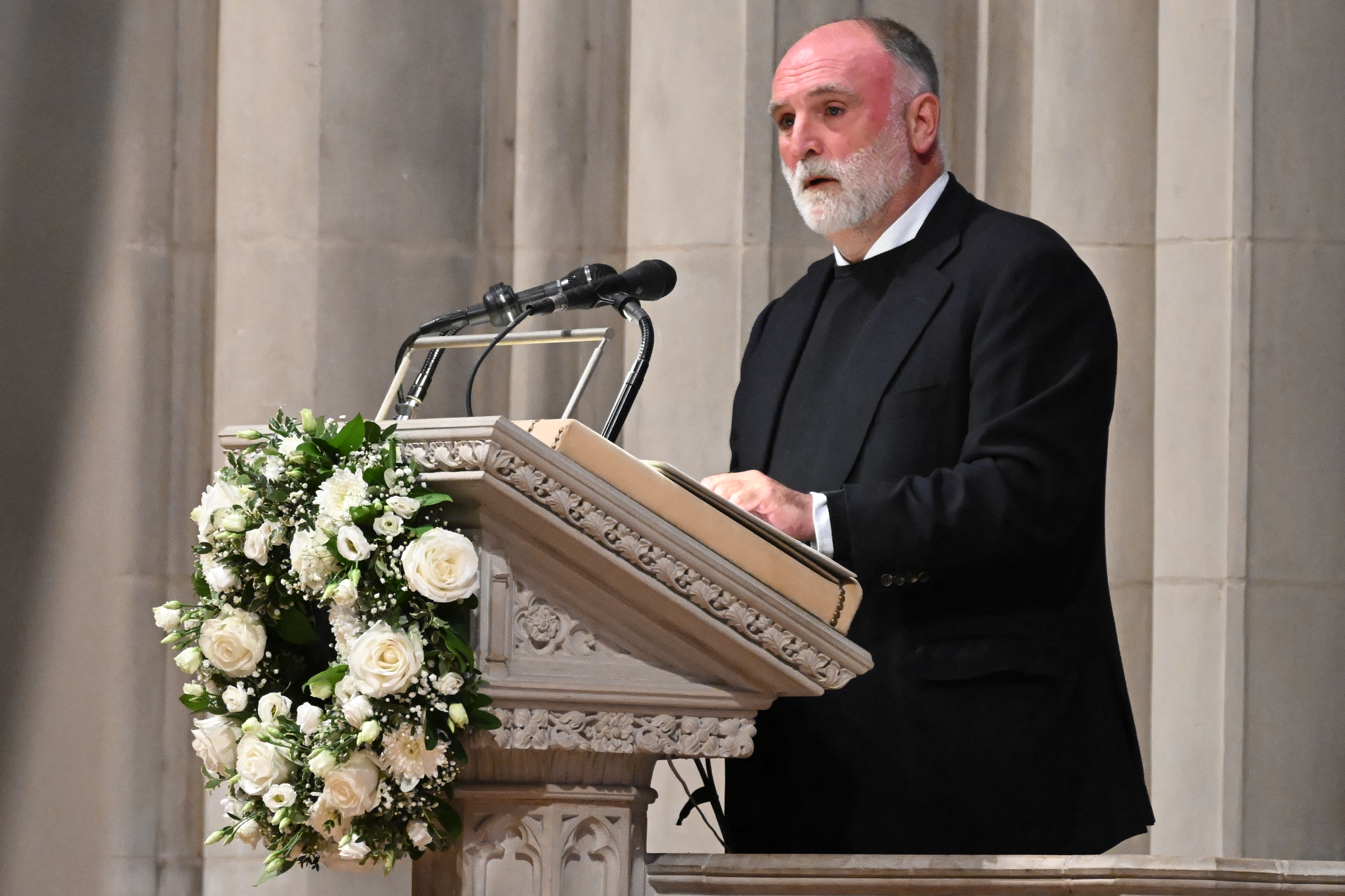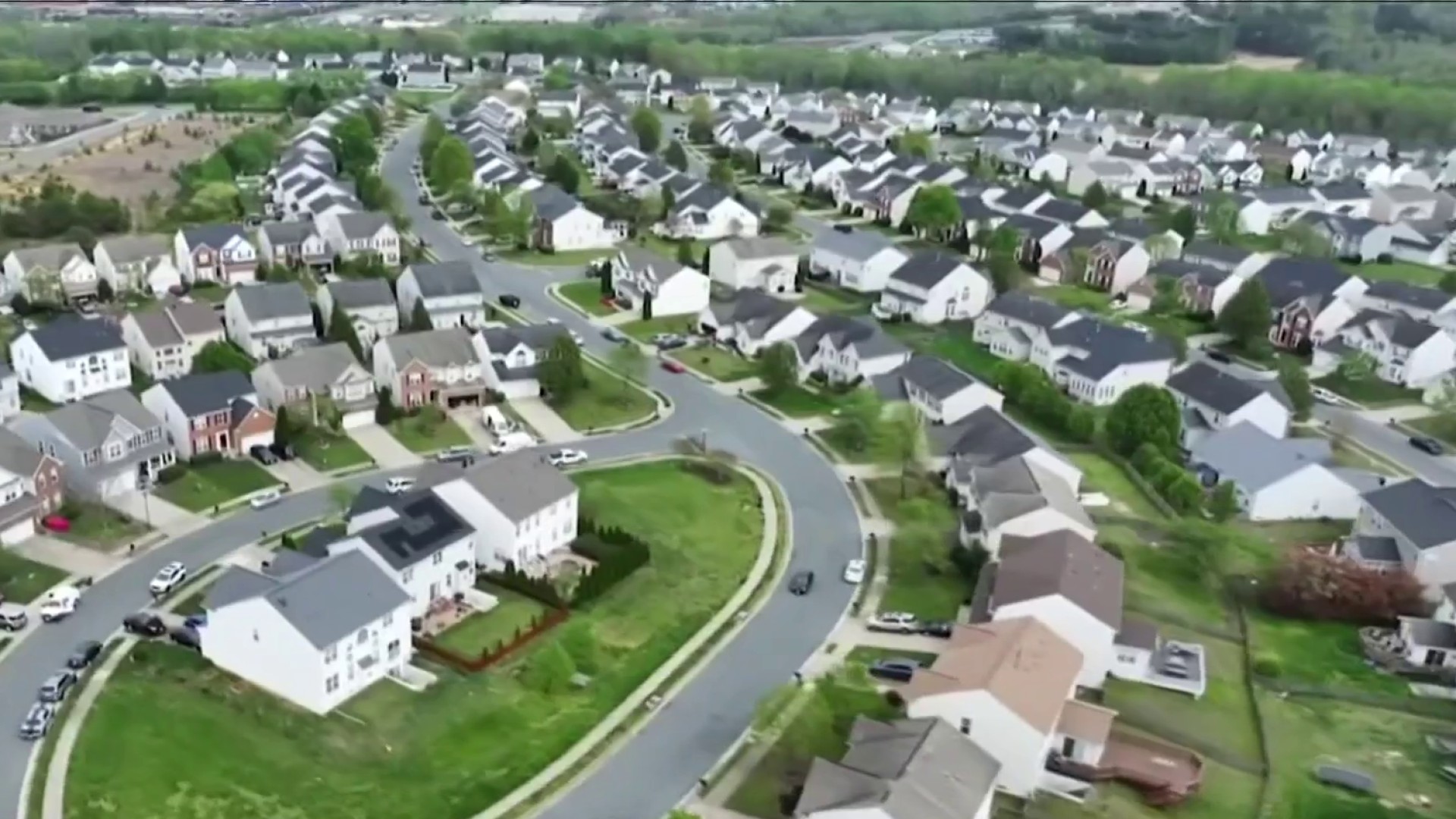As students return to school buildings after a year of unprecedented stress, public schools across our region are operating with fewer counselors and psychologists than recommended by national experts, according to an investigation by the News4 I-Team.
Some districts face what’s been described as “critical shortages” of school psychologists, in particular, as some kids return to the classroom with pandemic-induced stress and anxiety.
Though the American School Counselor Association (ASCA) recommends a ratio of 250 students per counselor, an I-Team review of school staffing reports in three of the largest school districts in Maryland, several Northern Virginia school divisions and D.C. Public Schools found none meets that recommendation.
A similar organization for school psychologists advises school districts employ at least one psychologist for every 500 students, but the I-Team found most local school districts also fail to meet that standard.
We're making it easier for you to find stories that matter with our new newsletter — The 4Front. Sign up here and get news that is important for you to your inbox.
“We've made a lot of progress in people understanding the need for schools to really be engaged in this work, and now we're facing a situation in which we just don't have the workforce to cover those needs,” said Kathleen Minke, the executive director of the National Association of School Psychologists.
Though her organization recommends the 1-to-500 ratio, the national average is closer to 1-to-1,300, she said.
Minke said schools, facing budget complications due to the pandemic, are finding challenges in hiring psychologists due to costs, lack of prospective candidates and an insufficient number of training programs. But she’s hopeful that, as distance education becomes more of a mainstay, more prospective school psychologists will have access to the necessary education.
Local
Washington, D.C., Maryland and Virginia local news, events and information
“Obviously, we've done [virtual learning] out of necessity in the last year and a half, but it's becoming more effective for how we can train practitioners,” she said.
A report from the school counselor association indicates the problem isn’t just local; few states come close to the organization’s standard. Data from the U.S. Department of Education for the 2018-2019 school year, provided to the I-Team from the ASCA, found a national average of 430 students per counselor. What’s more, the ASCA found only one in five high school students across the country is enrolled in a school with the recommended number of school counselors.
But school counselors and psychologists have rarely been as vital, as students process a profoundly stressful year of virtual learning.
Lowrey Redmond, whose two daughters attend a D.C. elementary school, had a blunt assessment of the toll the past year has taken on her children: “It's been the most challenging year for them, and they're not OK, and their mental health is not OK.”
Redmond said she saw changes in her youngest daughter, now 8, almost instantly after schools shut down in-person learning. She described a sudden increase in angry, physical outbursts and at-times alarming rhetoric. Her older daughter, now in fifth grade, withdrew and had what Redmond described as depression.
Redmond said she sought help from the school counselor, who paired her youngest daughter with other students for a virtual “lunch buddy” program. But she said it wasn’t enough to help her daughter process her new stress and anxiety. She eventually turned to a private therapist — a resource she knows isn’t an option for many families.
“There should be more [mental health] professionals helping the teachers with the kids,” said Redmond, acknowledging the school was grappling with an unprecedented situation amid the pandemic.
PhiXavier Holmes, a counselor at William Wirt Middle School in Prince George’s County, said she’s already seeing signs of stress and even trauma in some of the kids returning to the classroom. She said counselors are needed more than ever as some students may be more comfortable talking about their stress in person.
“With them coming back into the building, they’re ready to engage (with counselors),” Holmes said. “They’re ready to talk.”
The stresses and tension suffered by all communities during the COVID-19 crisis will continue to impact kids as the school buildings reopen, experts said.
“Whatever we see in the community — job loss, increased alcohol use — impacts our kids,” said Loudoun County Public Schools psychologist Shoko Brown.
Brown, like other school mental health professionals regionwide, provided virtual meetings and services to families during the school closures. But Brown, who serves three Loudoun County elementary schools, said school psychologists and counselors are often spread thin, “particularly right now.”
The shortage of some school mental health professionals predates the pandemic, but has also been exacerbated by it.
In a statement to the I-Team, a Fairfax County Public Schools spokesperson said, “Even prior to the pandemic, school psychologists have remained a critical shortage area both within FCPS and across the commonwealth.”
A Maryland State Department of Education report found a “critical shortage” of school psychologists in recent years, and several local school districts said they continue to face stubborn problems in staffing those positions.
At least two Virginia school districts — Fairfax and Spotsylvania County Public Schools — said bonus and incentive pay have been offered to recruit mental health staffers.
Montgomery County Public Schools in Maryland and D.C. Public Schools said future budgets will attempt to include funding to increase staffing. In the meantime, school districts, including DCPS, said they supplement their mental health staff with outside resources.
A spokesperson from DCPS said that, when including the 120 outside clinicians on its schools’ mental health teams, the District has more than 600 trained mental health professionals in its system and meets recommended staffing guidelines.
“DCPS is working closely with schools to determine the optimal mental health support and services to all our students and school communities, particularly at this most significant time,” the spokesperson added in a statement.
The spokesperson added school-based psychologists and social workers are able to help families “who need assistance for any reason,” even if that includes connecting with a community-based mental health partner. It also has a website where students, staffers or parents can seek help or refer others.
In the meantime, Redmond said her youngest daughter has “dramatically” improved since returning to the classroom a few days a week and credited her teacher for helping students with their stress.
And her fifth grader, who admits she has some anxiety about returning to the classroom, had this advice for how teachers and parents can help: “For kids at school, it would help them to have people ask them if they're OK rather than them having to reach out and tell people.”
Reported by Scott MacFarlane, produced by Katie Leslie, and shot and edited by Jeff Piper.



